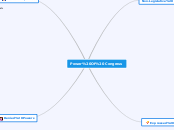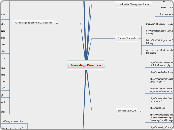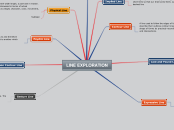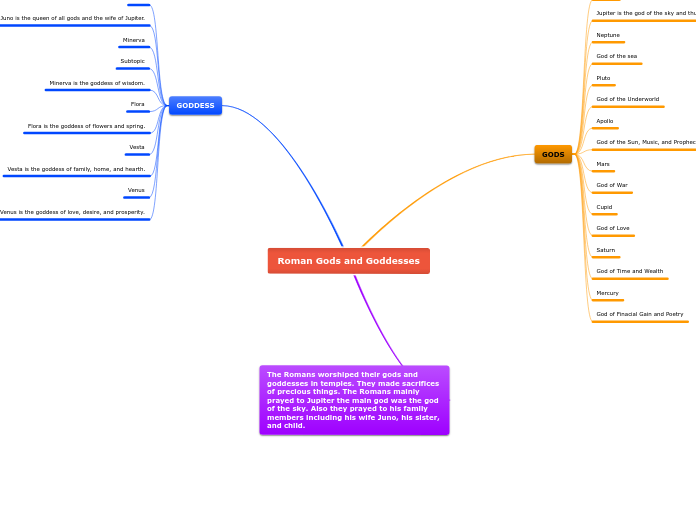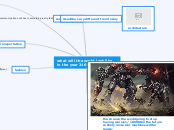Power Of Congress
The document discusses the various powers granted to Congress under the U.S. Constitution. These powers include both expressed and implied authorities. Expressed powers are explicitly stated in the Constitution, such as the ability to declare war, raise armies, and regulate commerce.
開啟
Power Of Congress Denied Powers Writ of Habeas Corpus Bill of Attainder Congress can't pass laws that someone punish someone without a jury trial Concurrent State also has that power (borrow money and collect taxes) Expost Facto Law 10 Amendment Limits Congress as they Can't interfere with the powers of the states (voting and education) Peace powers Clause 1: To impose and collect taxes, duties, and excises Implied Powers: To punish tax invaders Clause 5: To coin money and regulate its value Clause 4: To provide for naturalization; to create bankruptcy laws Clause 3: To regulate foreign and interstate commerce Implied Powers: To establish a minimum wage Clause 2: To borrow money Implied Power: To establish the Federal Reserve System of banks Expressed War Powers Clause 15: to provide for summoning the militia to execute federal laws, suppress uprising, and repel invasions Clause 14: To make laws governing land and naval forces Clause 11: To declare War Implied Powers:
":: Clause 13: To provide and maintain a Navy Clause 12: To raise and support armies Implied Power: to draft Americans into the military. Non-Legislative Powers Amendment Power the power to propose amendments Removal Power grants congress the power to remove any federal official from office Power to Choose a President is a joint session of congress to count electoral votes Electoral Duties Impeachment
